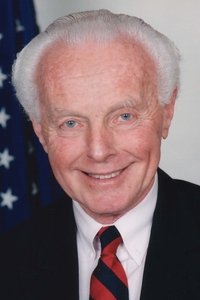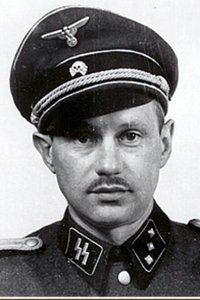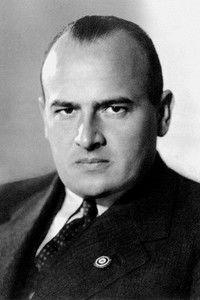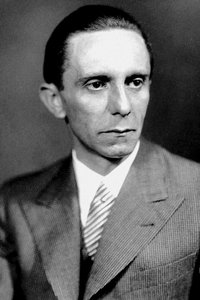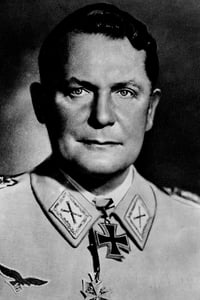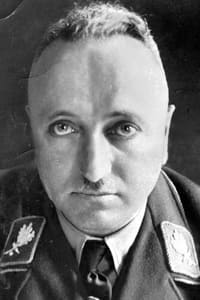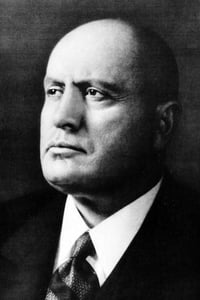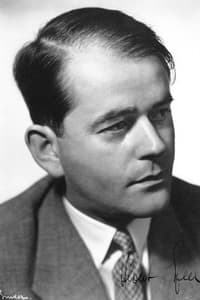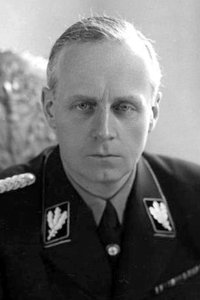The Last Days
Everything you're about to see is true.
Genres
DocumentaryHistory
OverView
Five Jewish Hungarians, now US citizens, tell their stories: before March 1944, when Nazis began to exterminate Hungarian Jews, months in concentration camps, and visiting childhood homes more than 50 years later. An historian, a Sonderkommando, a doctor who experimented on Auschwitz prisoners, and US soldiers who were part of the liberation in April 1945.
Others
Budget
$--
Revenue
$421432
Status
Released
Original Language
English
Runtime
87 mins
Rating
7.4/10
Release Date
23 October 1998
Country
United States of America



